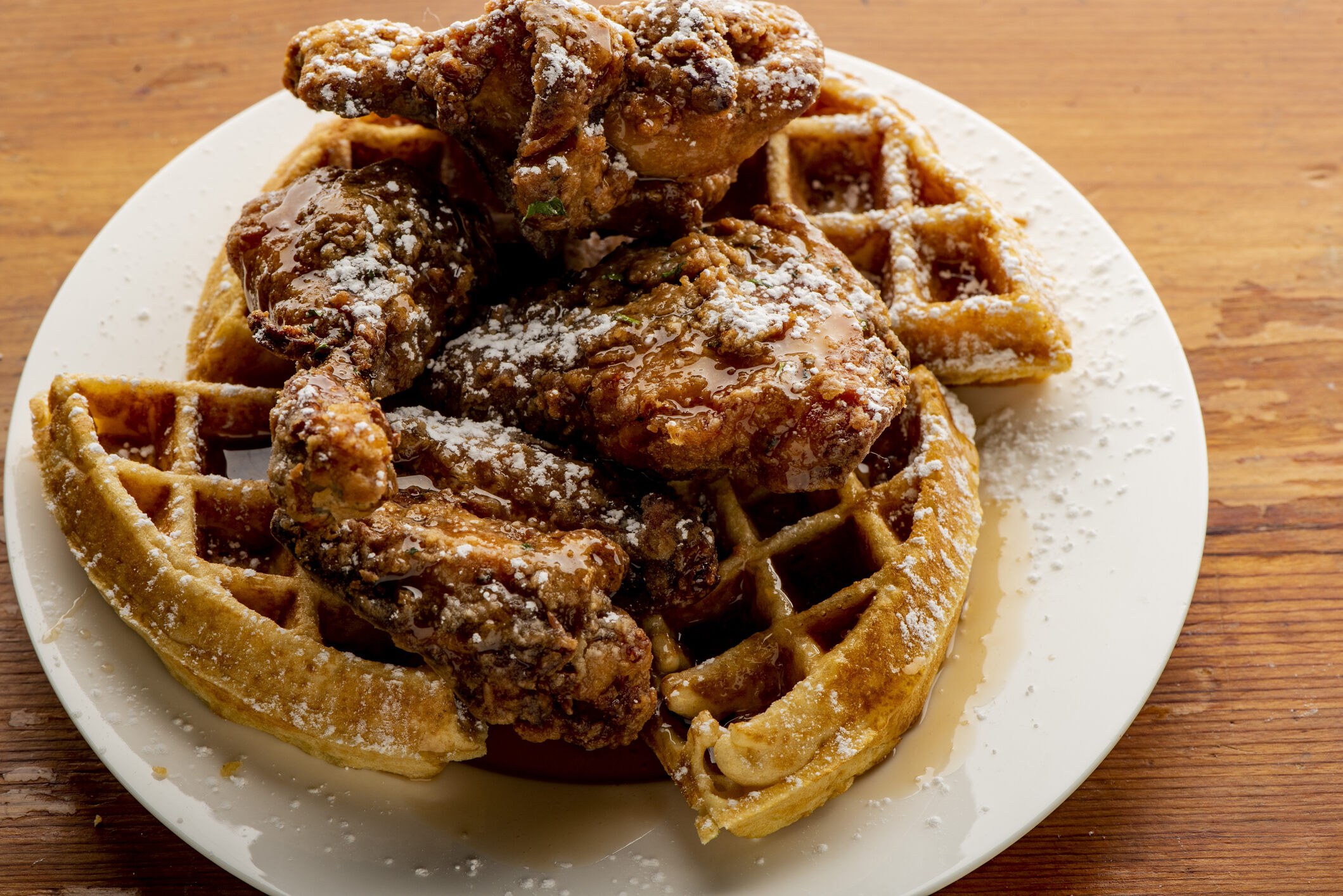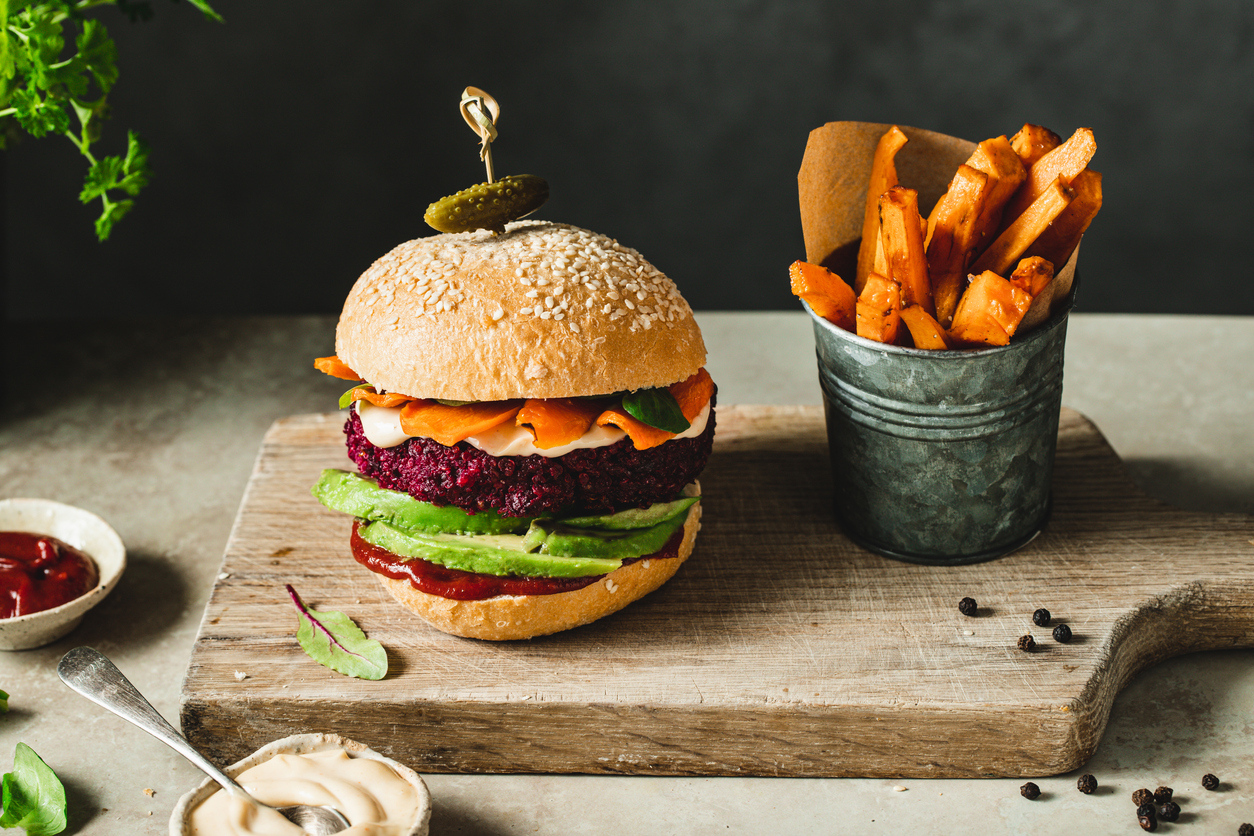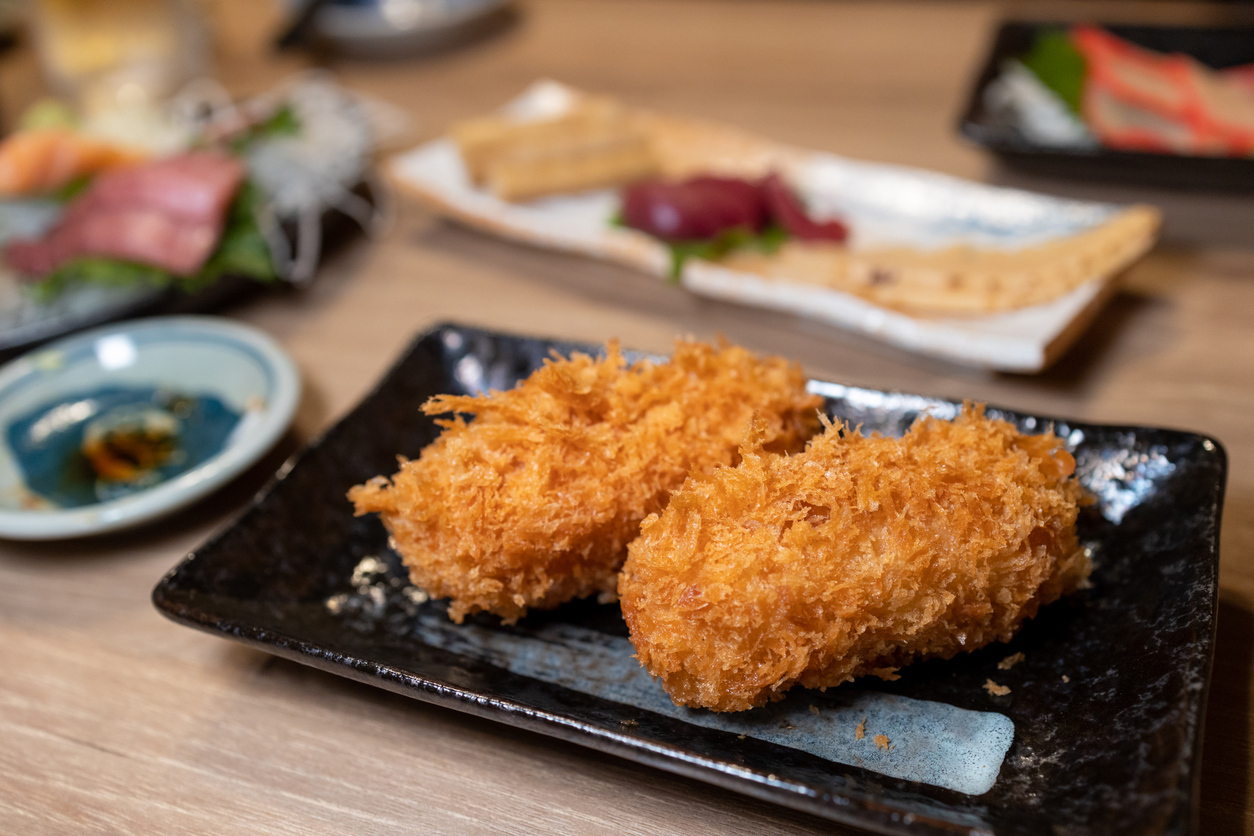How to choose the right frying oil for your business
14th January 2025

When it comes to running a successful foodservice or hospitality business, the frying oil you use is a key factor in delivering high-quality food and maintaining happy customers.
With so many options available, how do you decide which frying oil is best for your operation? In this article, we’ll explain everything you need to know about choosing the right frying oil for your business.
Why choosing the right frying oil matters
Frying oil is more than just a cooking medium – it directly affects the taste, texture and overall appearance of your fried dishes. It also has a significant impact on your kitchen costs, frying oil management practices and customer satisfaction.
If you’re using the wrong oil, you may find yourself replacing it more frequently, which can prove costly and increase the volume of waste oil and packaging.
Choosing the right oil ensures consistency, improves efficiency and saves you money in the long run. High-performance oils designed for commercial kitchens are an excellent solution for balancing quality, taste and cost-effectiveness.
If you’re unsure, consulting an expert supplier such as Prep can help you make the right choice. Using our How To Choose Calculator is a great place to start, and you can see how much money you can save with our Oil Spend & Environmental Impact Calculator.
Here are some key factors to consider when choosing the right frying oil …
Smoke point
The smoke point refers to the temperature at which oil starts to break down and produce smoke, which can produce toxic compounds that are a potential health risk. Oils with a high smoke point – such as refined vegetable oils, including rapeseed or sunflower oil – are perfect for deep frying as they maintain stability at high temperatures and are resistant to oxidation, which gives them a naturally long fry life.
Flavour profile
Some oils, like peanut oil, have a distinctive flavour that can enhance certain dishes but may overpower others. Neutral oils, such as vegetable or high-oleic oils, are versatile and ideal for frying a variety of foods without impacting taste.
Performance and fry life
Performance and fry life are essential to keep operational costs low. High performance frying oils are specially designed to resist breakdown, meaning they last longer and require fewer changes. Choosing a durable oil reduces waste and helps you save money in a busy kitchen.
Your menu and cooking needs
Think about your specific cooking methods and menu items. For heavy-duty frying applications, selecting the optimum oil is crucial. This is particularly important for operators dealing with fresh meat and fish, which release oils when fried and can accelerate the oil degradation process, increasing the risk of contamination by potentially harmful acrylamide.
A light-duty oil may be the best choice if you fry a variety of foods once, a week or chips more frequently. Also think about highly-flavoured foods, such as onion rings and bhajis, and having separate oil in a smaller fryer for those.
Sustainability
Sustainability is increasingly important to businesses and customers alike. Consider oils that are responsibly sourced, and are produced using sustainable farming practices. Choosing eco-friendly frying oils not only reduces your environmental impact but also resonates with environmentally conscious diners.
How to manage your frying oil efficiently
Proper frying oil management is crucial for ensuring food quality and extending the life of your oil. Follow these tips to get the most out of your frying oil:
Our top 3 tips:
- Filter regularly: Daily filtration and frequent skimming removes food particles that can cause burning or unpleasant flavours. Invest in the right equipment for the job – which you can find on the Prep Oil Management Shop.
- Monitor oil quality: Use tools like Prep Sticks to check oil degradation and know when it’s time for a change.
- Fry correctly: Remove excess moisture and crumb from foods prior to frying, don’t overfill the basket, and fry at the correct temperature. You can find more in our Prep Oil Management Support App.
By following these simple practices, you can maximise your oil’s lifespan, reduce waste and save money.
At Prep, we understand the unique demands of the foodservice industry. Our high-performance frying oils are expertly formulated to provide superior fry life, exceptional taste consistency, and unmatched durability, helping you deliver the best results every time.
Whether you’re looking for healthier options, improved cost-efficiency, or reliable frying oil management solutions, we’re here to help you choose which Prep frying oil is best for your business.
Explore our full range of frying oils or get in touch with our team today to find out how we can support your business.




